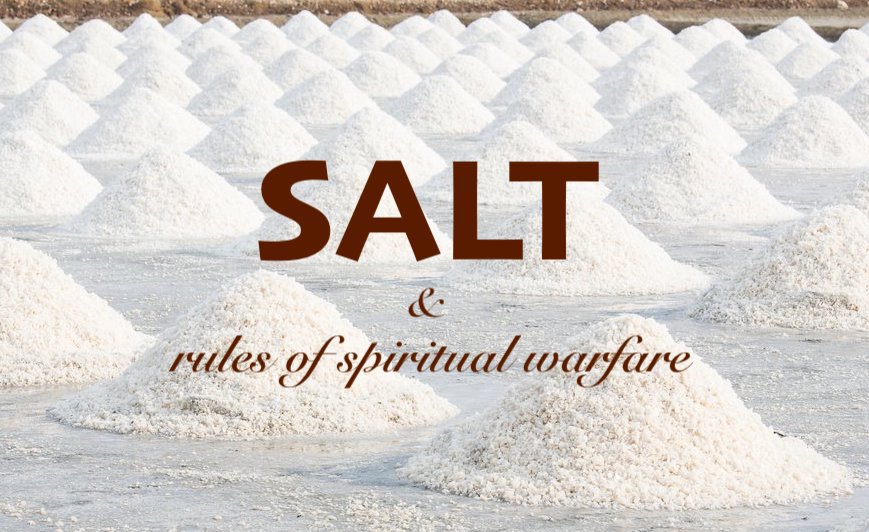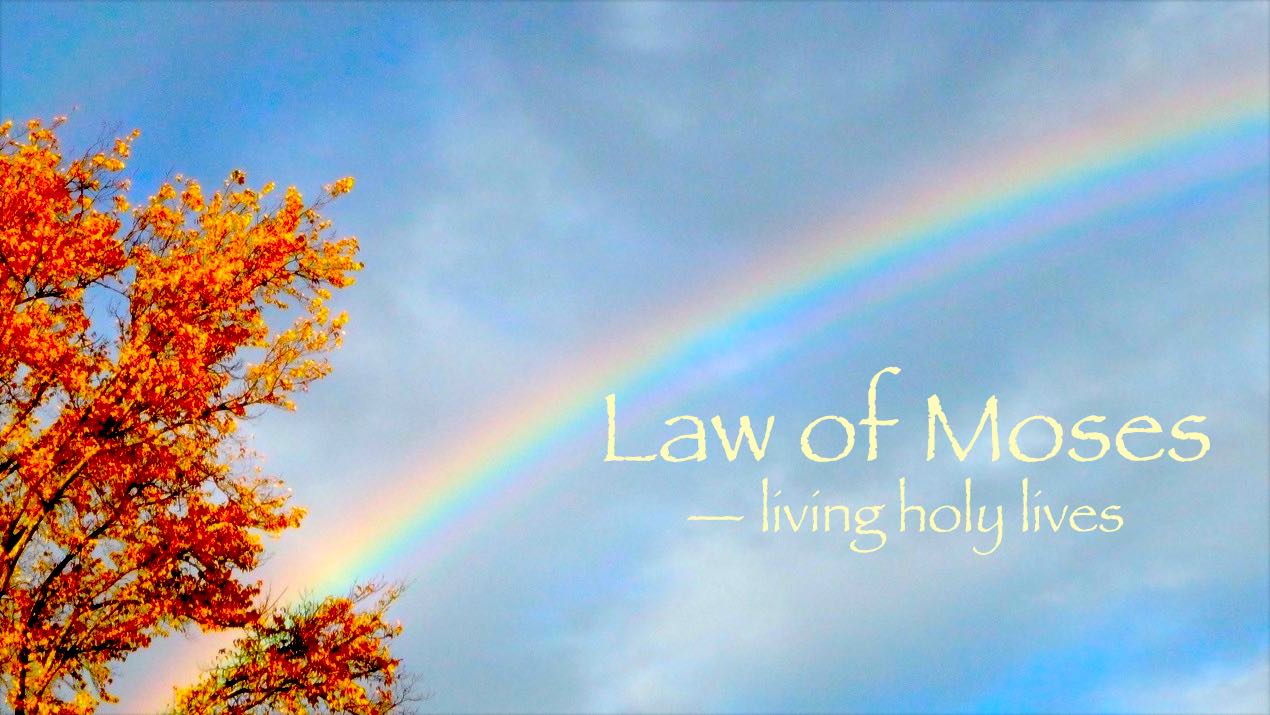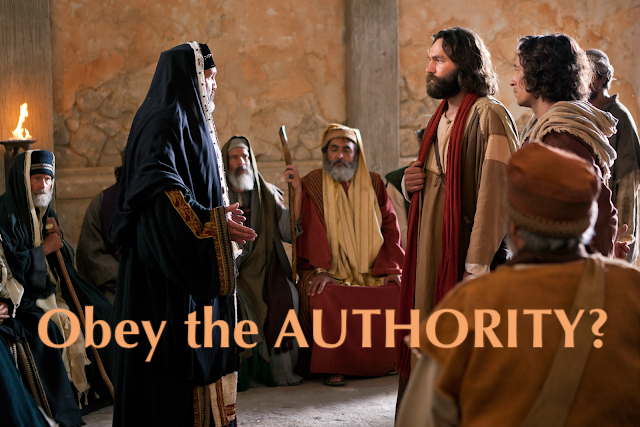 The Story of Edom and the Trouble with Anger
The Story of Edom and the Trouble with Anger
The scriptures advise us to “be angry but don’t sin.” What does this mean? The story of Edom as retold in the prophets and writings gives us God’s answer. The Edomites were descendants of Esau, so they were the kin of the tribes of Israel who were the descendants of Esau’s brother, Jacob. They were family. So, God had given the nation of Israel specific warnings not to despise their Edomite brethren, nor covet their land – Mt. Seir. However, the Edomites on the other hand pursued the Israelites relentlessly. In their angry rivalry and hostility they invaded Israelite territory habitually, trying to claim it as their own. They were and still are implacable foes of Israel.
Family Disunity and Anger
What caused this troubling state of affairs between related peoples, Israel and Edom? God through the prophet Amos concludes that the Edomites had made a conscious decision to reject natural familial love and replace it with anger and enmity. In their animosity they had “corrupted compassion” and cast off all tenderness and mercy. God accused the Edomites of nurturing, maintaining and teaching their hatred form generation to generation.They had become like their “father” the King of Tyre, the ruler of this age who “corrupted his wisdom” and became the adversary of all of humanity.
God’s Advice about Anger
Anger and unrelenting hostility was going to result in the ultimate desolation of the land and people of Edom. And by extension, all those who in anger forsake compassion and defy God’s purposes would similarly experience destruction. God warns his children not to be angry, nor associate with quick-tempered or ill-tempered angry people. Rather, as brethren of Christ the only thing that should anger us is sin. So we hate what God hates. Otherwise, God gives us clear admonitions to avoid anger, wrath, bitterness and malice as these all give our Adversary a foothold in our lives. Nursing anger and holding grudges is contrary to the nature of God’s spirit. That is why Paul warned the Ephesians — be angry but don’t sin!
So we need to examine ourselves and consider whether our anger is righteous, or whether it is causing us to sin. Are we “putting off” anger and imitating the compassion of Christ. Are we walking in love and demonstrating tenderhearted mercy and empathy, so we can shine as God’s lights in the world? That is what God wants from his family.
God’s nature:
What Angers God?









